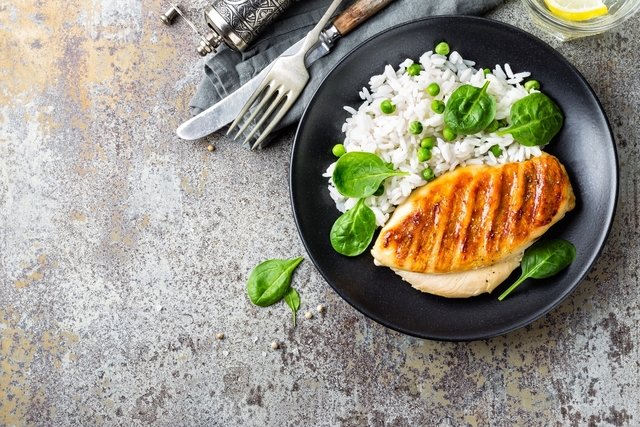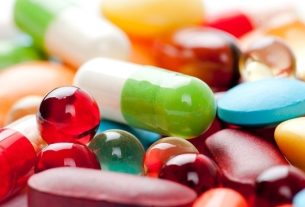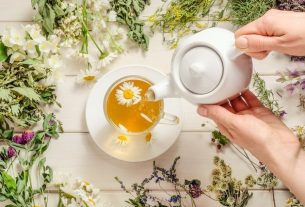The diet to help recover from dengue fever must be rich in foods that are sources of protein and iron, as these nutrients help prevent anemia and strengthen the immune system.
In addition to foods that help fight dengue fever, you should avoid some foods that can increase the risk of bleeding, such as pepper, ginger and red fruits, for example.
Maintaining a healthy and varied diet helps fight dengue fever and, therefore, it is important to eat several times a day, in small portions, rest and drink between 2 and 3 liters of water per day, to keep the body hydrated.
What is good for dengue
Recommended foods to help combat dengue symptoms and prevent complications are:
- Low-fat red meats, such as muscle, duckling and beef rump;
- White meatssuch as chicken, turkey, fish;
- Eggs;
- Dairy, such as milk, natural yogurt, butter and cheeses;
- Legumes, such as beans, chickpeas, lentils, soybeans and peas;
- Fruits, such as watermelon, banana, pear, persimmon and mango;
- Vegetables, such as beetroot, kale, watercress, carrots, lettuce, spinach, bertalha and arugula.
These foods are rich in protein, vitamin C and iron, which are important nutrients to prevent anemia and promote the formation of platelets, as these cells are reduced in people with dengue fever, being important to prevent the occurrence of bleeding.
In addition, some teas, such as chamomile, peppermint and feverfew, are also indicated to help alleviate dengue symptoms, such as nausea, headache and body pain. See other teas recommended to improve dengue symptoms.
Some studies (1) (2) (3) indicate that vitamin D supplementation can also help the immune system to fight dengue, due to its immunomodulatory effect; as well as vitamin E supplementation, due to its antioxidant power, which protects and strengthens immune system cells.
Foods that should be avoided
Foods that should be avoided in case of dengue fever are:
- Some fruits, such as blackberries, blueberries, plums, coconut, peaches, melon, pomegranate, lemon, tangerine, pineapple, guava, apricot, cherry, grapes, currant, tamarind, orange, apple, kiwi and strawberry;
- Some vegetables, such as asparagus, celery, onion, eggplant, broccoli, radish, garlic, tomato and cucumber;
- All dried fruits, such as raisins, prunes, dates and dried cranberries;
- Some tubers, such as potatoes and sweet potatoes;
- Some oilseeds, such as almonds, walnuts, pistachios, Brazil nuts and peanuts;
- Some condiments and herbs, such as mustard, cumin, cloves, parsley, coriander, paprika, cinnamon, ginger, nutmeg, chili powder or red pepper, oregano, saffron, thyme, rosemary, anise, fennel, vinegar and curry;
- Some drinks, such as wine, beer, liquor, rum and coffee;
- Some teas, such as white willow, ginger, weeping, wicker, osier, parsley, rosemary, oregano, thyme and mustard;
- Other foods: olive oil, broad beans, coconut oil, honey, pickles and olives.
Foods that should be avoided in dengue fever are mainly those that have a high content of salicylates, which is a substance that acts in a similar way to aspirin in the body, where excessive consumption can fluidize the blood and disrupt blood clotting, favoring appearance of hemorrhages.
Dengue menu
The following table provides an example menu of what to eat to recover faster from dengue:
The types and quantities of food described on the menu vary according to the age, gender and general health of each person. Therefore, it is recommended to consult a nutritionist for a complete assessment and a nutritional plan suited to individual needs.
If you want an individualized diet, make an appointment with the nutritionist closest to you:
Taking care of your health has never been easier!
Bibliography
- LANGERMAN, D, Steven; REFRESH, Mija. Micronutrient Supplementation and Clinical Outcomes in Patients with Dengue Fever. The American Journal of Tropical Medicine and Hygiene. Vol.104. 1.ed; 45-51, 2021
- ZAMAN, Sadaf et al. Effectiveness of Vitamin D in Prevention of Dengue Haemorrhagic Fever and Dengue Shock Syndrome. . . . Journal of Rawalpindi Medical College . Vol.21. 3.ed; 205–207,
- SUNDUS Ahmed, FINKELSTEIN Julia et al. Micronutrients and dengue. The American Journal of Tropical Medicine and Hygiene. 91. 5; 1049-1056, 2014
- DUTHIE Garry, WOOD Adrian. Natural salicylates: foods, functions and disease prevention. Food & Function Journal. 2. 9; 515-520, 2011
- BRAZILIAN NUTRITION ASSOCIATION. Foods that suspected Dengue fever patients should avoid. Available at: <https://www.asbran.org.br/noticias/alimentos-que-pacientes-com-suspeita-de-dengue-devem-evitar>. Accessed on September 27, 2022
- ACADEMY OF NUTRTITION AND DIETETICS. Salicylate sensitivity. 2013. Disponível em: <https://www.eatrightstore.org/-/media/eatrightstore-documents/product-type/brochures-and-handouts/faisalicylatesensitivity.pdf?la=en&hash=FAA0675234640E42895EA687C8C88968B0CD3F75>. Acesso em 27 set 2022

Sign up for our newsletter and stay up to date with exclusive news
that can transform your routine!
Warning: Undefined array key "title" in /home/storelat/public_html/wp-content/plugins/link-whisper-premium/templates/frontend/related-posts.php on line 12
Warning: Undefined array key "title_tag" in /home/storelat/public_html/wp-content/plugins/link-whisper-premium/templates/frontend/related-posts.php on line 13




